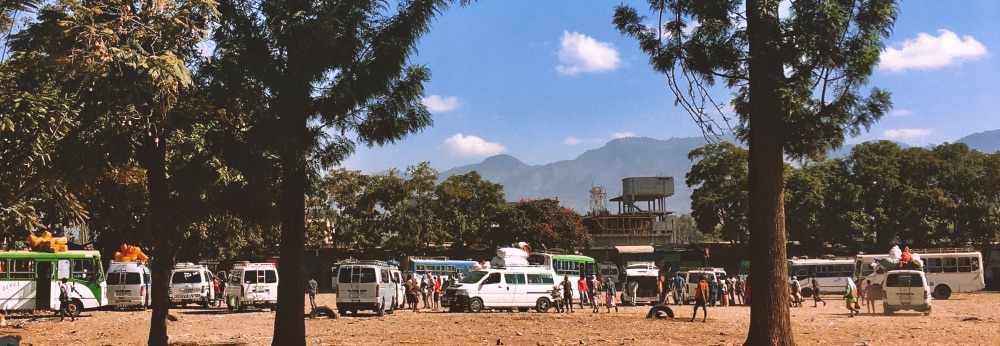Mehdi Labzaé
13. December 2022, 18:00
In this presentation, I propose an agrarian understanding of the current Ethiopian civil war. I argue that in the context of discourses of ethnic federalism, agricultural policies implemented by the EPRDF and subsequent PP regimes have taken part in framing contentious politics on the lines of ethnicity. Since the mid 2000s, agricultural policies aiming at extending cultivated surfaces have led to a rush for land in lowland peripheries. In such places, connection with the local branch of the EPRDF became a prerequisite for investors to access land. Local élites reacted diversely, by both encouraging and complaining about land transactions and work migration they entailed. As ethnicity provided the basis for party structuration and political representation, local land tensions espoused the same ethnic lines – although past agricultural practices were often more inclusive and allowed more fluidity, solidarity, and transactions between groups. Agricultural workers from other regions tried to access land, sometimes concluding transactions with groups which within the policies of ethnic federalism had been recognized as “locals”. Several policy items, including land registration programs implemented between 2014 and 2018, triggered local political violence. As the political crisis was deepening at the federal level, political parties and state institutions provided channels for local land conflicts to scale up. Meanwhile, agricultural investors played a prominent role in the creation of armed groups that are now active on the war’s frontlines.
This presentation brings together elements from ethnographic fieldwork carried out in several agricultural intensive areas, namely the Mettekel zone of Benishangul-Gumuz (from 2013 to 2019), Gambella’s coffee producing Majang zone (2014-2016), and Nothern Gonder and Wolqayt (2016-2021).
Registration by email
(vortrag@wakhva.de)
Mehdi Labzaé is a sociologist and political scientist, specialist in the sociology of the state at the CEDEJ in Cairo.

Pingback: 3rd round of our Online Lecture Series „New Perspectives on the Horn of Africa“ | Horn of Africa Studies